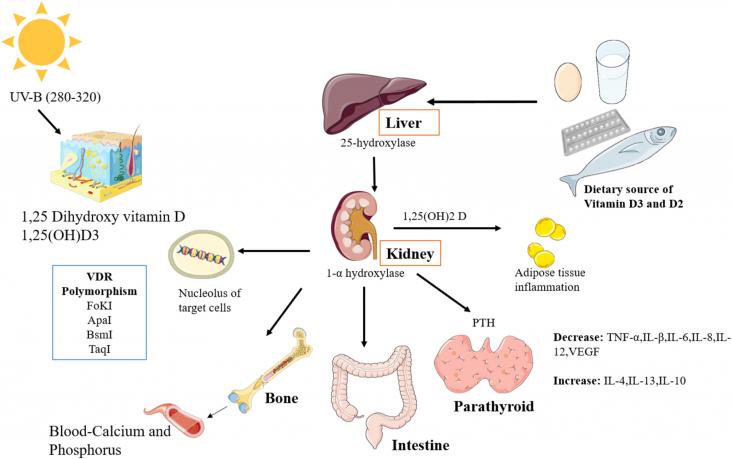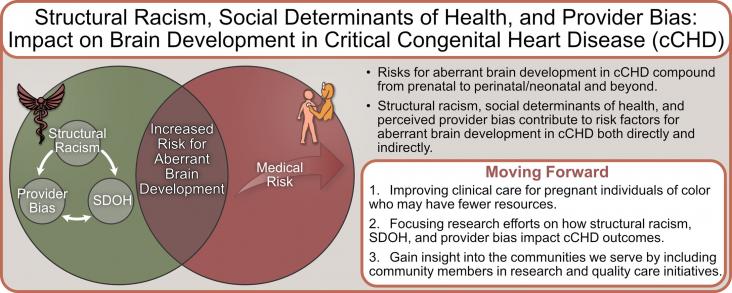This article ties to SDG 3. This article investigated whether wartime stress exposures occurring during adolescence and early adulthood affect weathering in late adulthood via linear regression with data from the Vietnamese Health and Aging Study (VHAS).
This article ties to SDG 3. This article addresses gaps in available measurement methodologies in child protection interventions, and pilots a methodology to assess a package of key child protection interventions in a single, holistic and integrated approach.

The study shows that, despite most of the professional groups’ high level of knowledge about the study object and their high awareness of the importance of the vaccine as a preventive tool, the role of the healthcare workers as transmitters of infection is less recognised as a reason for vaccination.
Background: Inequalities undermine efforts to end AIDS by 2030.

According to the World Health Organization (WHO) report, viral hepatitis has been a problem in human society. Vitamins play a significant role in preventing the hepatocarcinoma and liver cirrhosis.
Elsevier,
Research Ethics in Behavior Analysis: From Laboratory to Clinic and Classroom, 2023, Pages 63-86
This chapter advances the UN SDG Goal 3: Good Health and Goal 10: Reduced Inequalities by discussing the importance of equity, diversity, inclusion, and accessibility (EDIA) as related to research in applied behavior analysis.
This article ties to SDG 3 & 4. The present study adapted and assessed the efficacy of a brief psychological group intervention, the STAR program: Strengths, Transitions, Adjustments and Resilience for university students who are Internally Displaced Persons (IDPs).The present study adapted and assessed the efficacy of a brief psychological group intervention, the STAR program: Strengths, Transitions, Adjustments and Resilience for university students who are Internally Displaced Persons (IDPs).
This Article supports SDG 3 by analysing the available data regarding HIV prevalence among international migrants compared with native-born people, finding that prevalence was higher among the former group (overall pooled prevalence ratio 1.70). Factors associated with higher prevalence were arriving from African countries, being an undocumented migrant, asylum seeker, or refugee, and being a pregnant woman. Targeted approaches to facilitate testing among these groups may be beneficial.
This article ties to SDG 3 & 4. This study tests whether intolerance of uncertainty changes with participation in improvisational theater class, and whether that change can explain changes in social anxiety.

This article explores health disparities based on the intersection of sex, geography, race, and ethnicity that have been identified for poorer pre- and postnatal outcomes in the general population, as well as those with critical congenital heart disease.
